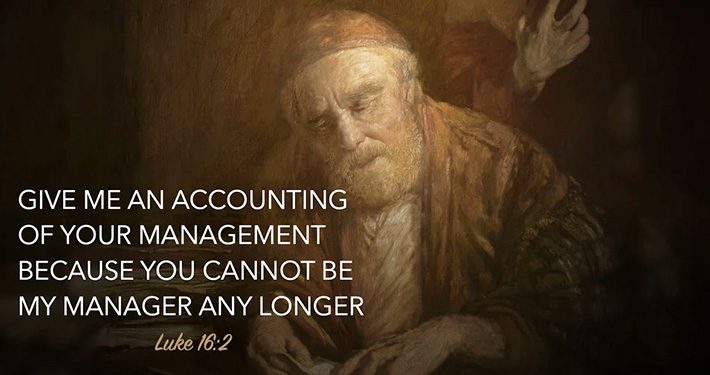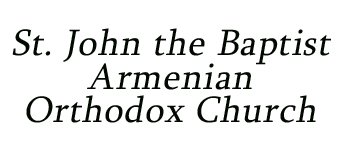GREAT LENT – Day 21: Sunday of the Steward
By Bishop Mesrop Parsamyan

Dear friends, today is the fourth Sunday of the Great Lent, which we call “Sunday of the Steward”. This name is taken from to the parable of the “Dishonest Manager,” as told by Jesus in the Gospel of Luke (16:1-9).
The Parable of the Dishonest Manager, as with other parables found in the Gospels, is about the Kingdom of God. Through the observable realities in the parable, Jesus reveals the invisible truths. Many have wondered as to why our Lord Jesus describes the dishonest manager as an example to emulate. It is important to note that our Lord Jesus does not praise the dishonesty but the shrewdness of the manager and his resourcefulness and approach to money. “And his master commended the dishonest manager because he had acted shrewdly.” (Luke 16:8) The Lord praised the manager’s resourcefulness, because he used money as a means and not as an end. The manager understood that, in this world, real wealth is not made of material goods but of friendships. A person could be materially rich, but entirely alone. The manager had significant wisdom to understand this simple truth — when you have friends, you are never lonely.
Our Lord Jesus urges His disciples, and for us today, to behave like the resourceful manager, and instead of investing only in material security to aim and secure our eternal life. And if the children of this world utilize every event and opportunity for a prosperous life, then how much more ought the children of light use their God-given talents and opportunities for the inheritance of enteral life? The last lines in the parable express the entire meaning and goal of the parable. Jesus says, “And I tell you, make friends for yourselves by means of dishonest wealth so that when it is gone, they may welcome you into the eternal homes.” (Luke 16:9).
Any gift that is given to the ones in need is a means to create friendship here on earth as it is in heaven. As our Lord Jesus says, on that Judgment Day, we will be justified through our good works. Jesus says, “‘For I was hungry, and you gave me food; I was thirsty, and you gave me something to drink; I was a stranger and you welcomed me; I was naked and you gave me clothing; I was sick and you took care of me; I was in prison and you visited me.’ Then the righteous will answer him, ‘Lord, when was it that we saw you hungry and gave you food, or thirsty and gave you something to drink? And when was it that we saw you a stranger and welcomed you, or naked and gave you clothing? And when was it that we saw you sick or in prison and visited you?’ And the King will answer them, ‘Truly I tell you, just as you did it to one of the least of these who are members of my family, you did it to me.’” (Matthew 25:35-36)
Certainly, any good works on this earth are an intercession in heaven before the Almighty God. In his homilies, Saint Hovhannes Mandakuni (5th century Armenian Church Father and Catholicos) says, “That which we give to the one who is hungry, we place it in the hands of Christ, who will reckon you on that Final Judgment Day.”
Dear Friends, here on this earth we are appointed by God as managers, and on the final day of our life, God will say to us, “Give me an accounting of your management because you cannot be my manager any longer.” Hence, let us be prepared for that day, being careful about the worship of money and making an idol of money. Let us make use of all our opportunities not for personal gain but for the gain of the personal good. And when we do good works for someone, we ought to say silently in our minds: “Remember me during the Last Judgment Day”.
